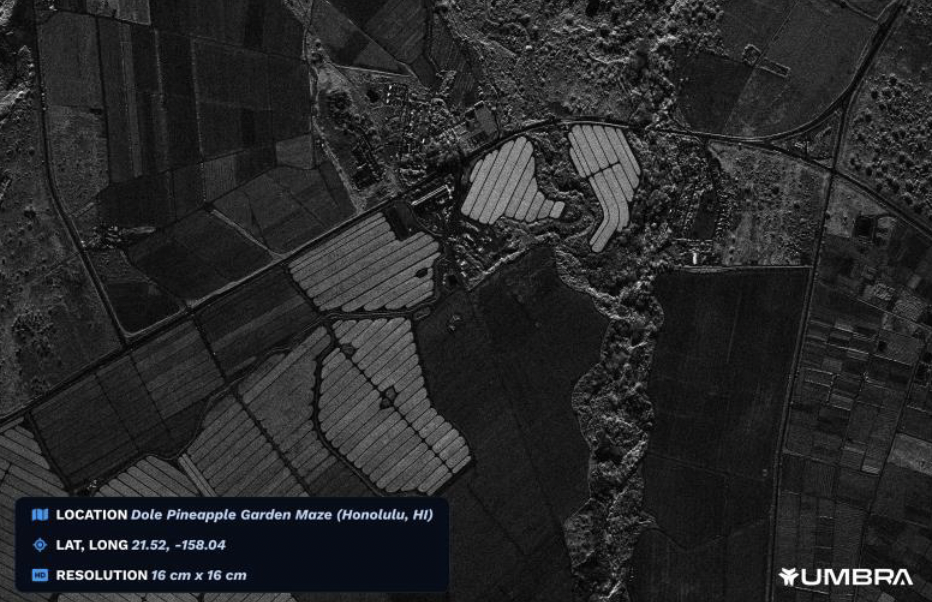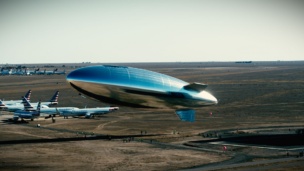Commercial space imaging hit a new resolution high-water mark.
Satellite operator Umbra released a 16 cm/pixel Synthetic Aperture Radar (SAR) image today, making it the highest-res commercial satellite image ever dropped, according to the company. The image is comparable to the resolution that was previously restricted to government use.
“This means that we are finally able to offer customers the highest resolution images that our satellites are capable of capturing, setting the stage for even further expansion of products to customers,” said Umbra president Gabe Dominocielo.
Evolving regulations: The US began permitting the sale of commercial satellite images only a few decades back, but still restricted super-high res imaging—like the 10-cm picture Trump tweeted in 2019—to government use only.
Over the last few years, NOAA has started loosening commercial imaging restrictions, allowing satellite operators to innovate and expand further into various end markets and use cases. Umbra was able to release today’s 16-cm image as a result of NOAA recently loosening its 25-cm restriction on the Santa Barbara-based company’s commercial imaging.
Umbra 101: Umbra operates six SAR satellites, serving the US government (50% of revenue), allied nations (25%), and commercial customers (25%). Unlike optical imaging, Umbra’s SAR radars are not dependent on light, allowing them to deliver high-resolution images around the clock and in all weather conditions. The company has contracts from the NRO, Air Force, and DARPA.





